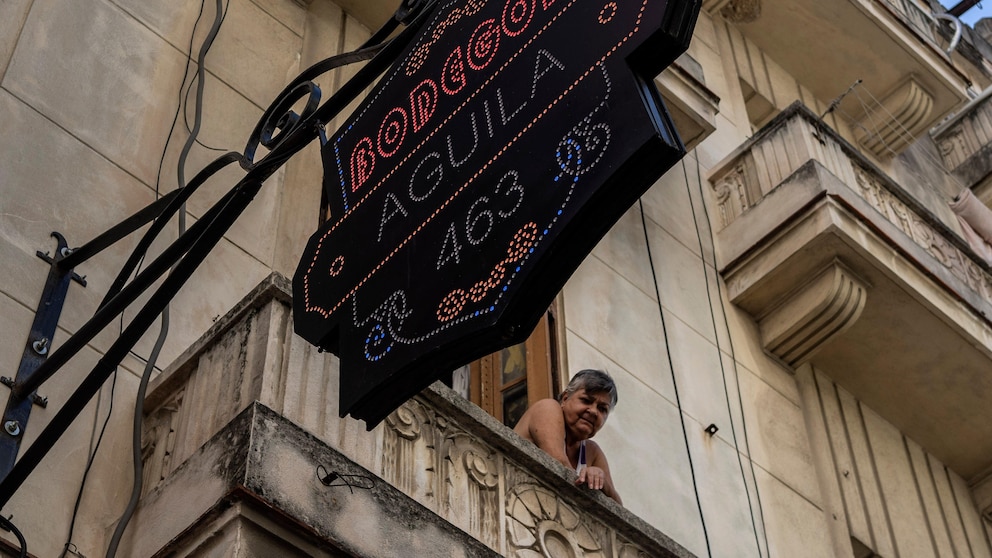The Success of Cuban Private Grocery Stores: Limited Accessibility for a Few Individuals
Cuba, a country known for its state-controlled economy, has recently witnessed the emergence of private grocery stores, which have gained significant success in meeting the demands of the population. These privately-owned stores have provided Cubans with access to a wider range of products and improved shopping experiences. However, it is important to note that these stores are only accessible to a limited number of individuals due to various factors such as high prices, limited locations, and the need for foreign currency.
One of the main reasons behind the success of private grocery stores in Cuba is their ability to offer a more diverse range of products compared to state-run stores. While state-run stores often face shortages and limited options, private stores have been able to source products from various suppliers, including international markets. This has allowed them to offer a wider variety of goods, including imported items that were previously difficult to find in the country. As a result, these stores have become popular among Cubans who are looking for more choices and higher quality products.
In addition to product diversity, private grocery stores have also been able to provide a better shopping experience for customers. Unlike state-run stores, which are often crowded and poorly stocked, private stores are generally well-maintained and organized. They offer a more pleasant atmosphere for shoppers, with clean and well-lit spaces that are conducive to browsing and selecting items. Moreover, the staff in these stores tend to be more attentive and helpful, providing personalized service to customers. This improved shopping experience has attracted many individuals who are willing to pay extra for better service and convenience.
However, despite their success, private grocery stores in Cuba remain inaccessible to a large portion of the population. One major barrier is the high prices charged by these stores. Due to the need for foreign currency to import goods, private store owners often face higher costs, which are then passed on to the customers. As a result, the prices of products in these stores are significantly higher compared to state-run stores. This makes them unaffordable for many Cubans, especially those with lower incomes. Consequently, only a few individuals who can afford to pay the premium prices can access the benefits of private grocery stores.
Another factor limiting accessibility is the limited number of locations where private grocery stores are established. While state-run stores are spread throughout the country, private stores are concentrated in major cities and tourist areas. This means that individuals living in rural areas or smaller towns have limited or no access to these stores. The lack of transportation infrastructure and long distances to travel further exacerbate this issue, making it difficult for many Cubans to benefit from the convenience and variety offered by private grocery stores.
Furthermore, the requirement of foreign currency for transactions in private stores poses another challenge for accessibility. In Cuba, there are two types of currency: the Cuban peso (CUP) used by the majority of the population and the convertible peso (CUC), which is pegged to the US dollar and used in transactions involving imported goods. Private grocery stores primarily accept payment in CUC, which is not readily available to all Cubans. This creates a barrier for those who do not have access to foreign currency, further limiting their ability to shop at these stores.
In conclusion, the success of private grocery stores in Cuba is undeniable, as they have been able to provide a wider range of products and improved shopping experiences for those who can afford them. However, it is important to acknowledge that these stores are only accessible to a limited number of individuals due to high prices, limited locations, and the need for foreign currency. As Cuba continues to undergo economic reforms, it is crucial to address these accessibility issues to ensure that the benefits of private grocery stores can be enjoyed by a larger segment of the population.



